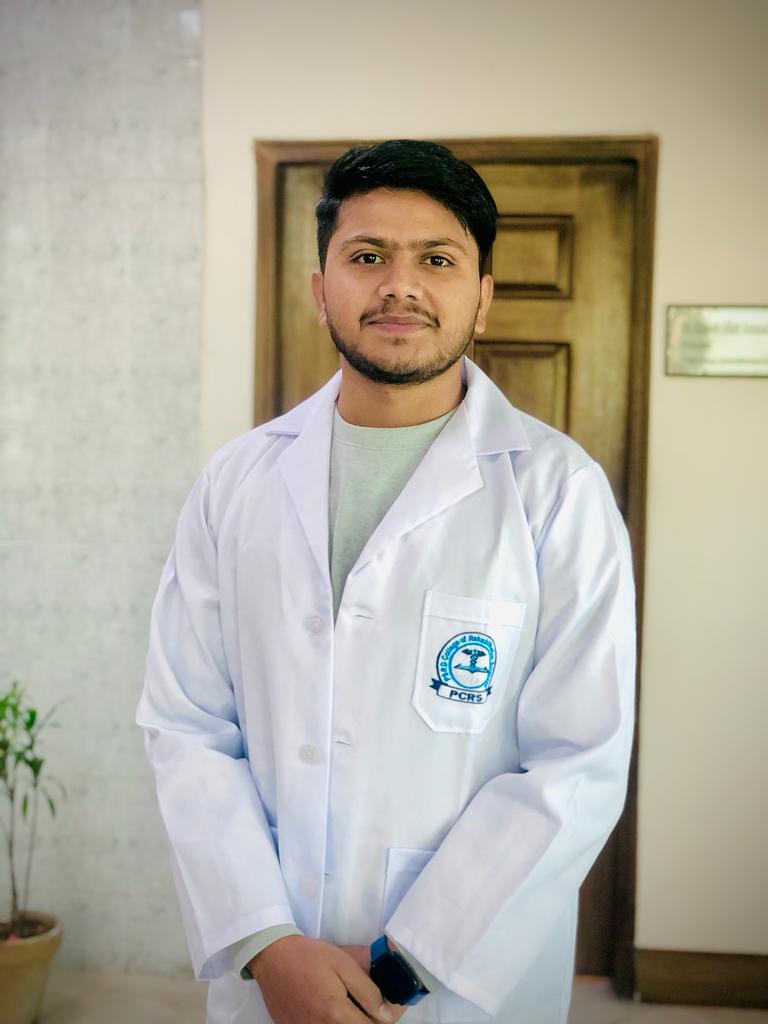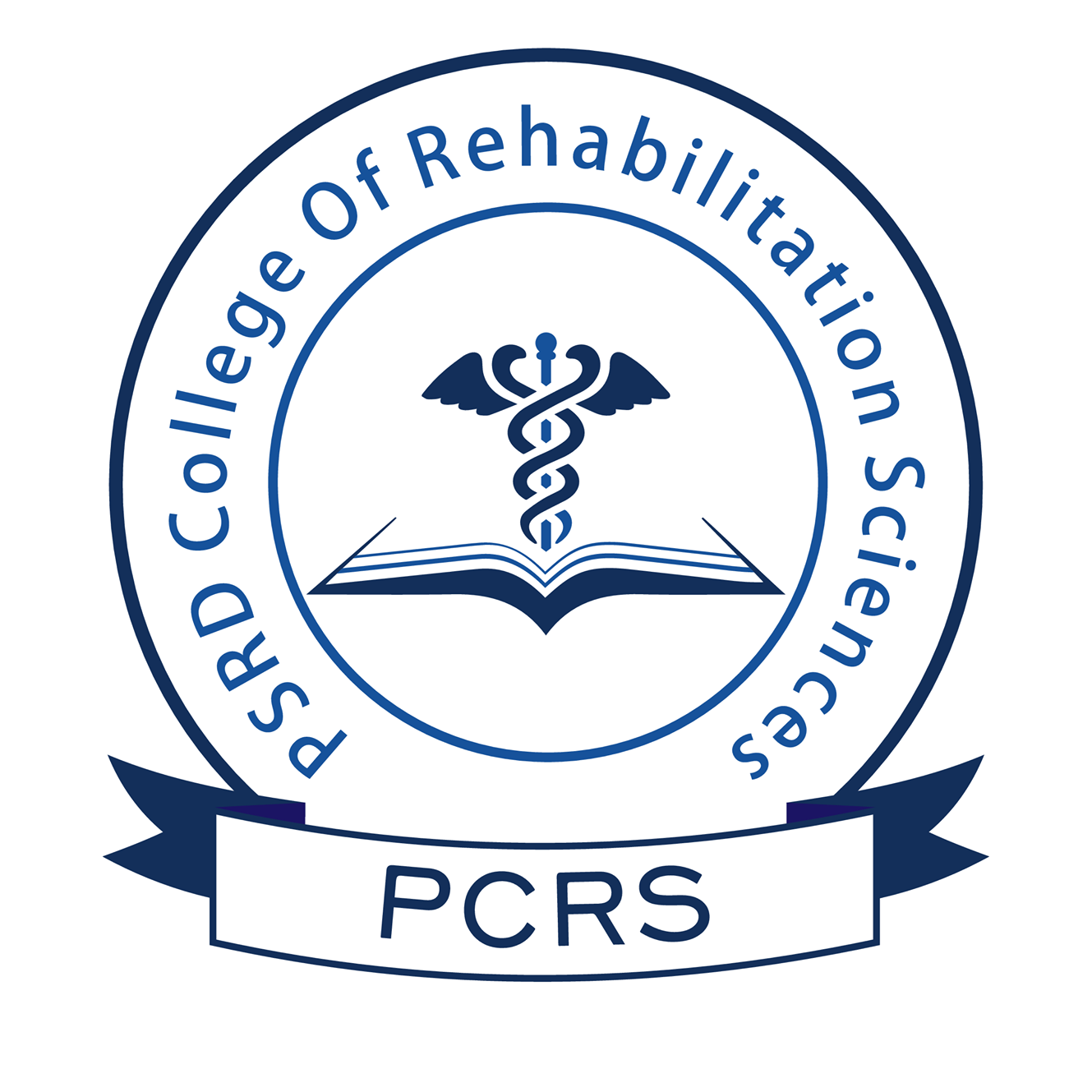B.Sc. (Hons.) Speech & Language Pathology
The PSRD College of Rehabilitation Sciences SLP Program is dedicated to quality graduate education in Speech Therapy. The entry-level Speech & language Pathology program is designed to train therapists who can enter the profession as autonomous practitioners. Program graduates can competently evaluate patients/clients, critically analyze new information, solve complex patient problems, and have developed the skills to be life-long learners. The PCRS SLP program is affiliated with the University of Health Sciences, which is the top Public Sector Medical University in Pakistan.
About Speech & Language Pathology
Speech-language pathologists (SLPs) work to prevent, assess, diagnose, and treat speech, language, social communication, cognitive communication, and swallowing disorders in children and adults.
Domains of Speech & Language pathology
Speech disorders occur when a person has difficulty producing speech sounds correctly or fluently) or has problems with his or her voice or resonance.
Language disorders occur when a person has trouble understanding others (receptive language) or sharing thoughts, ideas, and feelings (expressive language). Language disorders may be spoken or written and may involve the form (phonology, morphology, syntax), content (semantics), and/or use (pragmatics) of language in functional and socially appropriate ways.
Social communication disorders occur when a person has trouble with the social use of verbal and nonverbal communication.
Cognitive-communication disorders include problems organizing thoughts, paying attention, remembering, planning, and/or problem-solving. These disorders usually happen as a result of a stroke, traumatic brain injury, or dementia.
Swallowing disorders (dysphagia) are feeding and swallowing difficulties, which may follow an illness, surgery, stroke, or injury.
Provide aural rehabilitation for individuals who are deaf or hard of hearing.
Work with people who don’t have speech, language, or swallowing disorders, but want to learn how to communicate more effectively.
Careers in Speech-Language Pathology
- SLPs work with the full range of human communication and swallowing disorders in individuals of all ages.
- Prepare future professionals in colleges and universities.
- Own or run clinics or private practices.
- Work for national, state, or local associations or agencies.
- Supervise and direct public school or clinical programs.
- Engage in research to enhance knowledge about human communication processes and develop new assessment and treatment methods that may lead to more effective outcomes.
- Provide counseling and consultative services.
Practice Settings
Speech & Language Pathologists work with all age groups and in a wide range of physical and psychosocial areas. Places of employment may include hospitals, clinics, rehabilitation centers, home care programs, special schools, industry, and private enterprises.
SLP’s often work as part of an integrated health care team. You will find SLP’s working in a wide range of practice settings including:
- Public and Private Hospital
- Rehabilitation Centers
- Community Health Centers
- Home care services
- Psychiatric Departments
- Vocational Rehabilitation Departments
- Schools and Education Facilities
- Private Practice
- Special Schools

BREAK UP OF PROGRAM WITH CREDIT HOURS
The duration of entry-level SLP would be four years and will include classroom lectures, laboratory, clinical demonstrations, supervised clinical practice and research. Each year would be followed by a professional examination which will be conducted by the University of Health Sciences. Every student must submit the research thesis within the prescribed time to complete the degree. This program integrates theory, evidence and practice along a continuum of learning.
